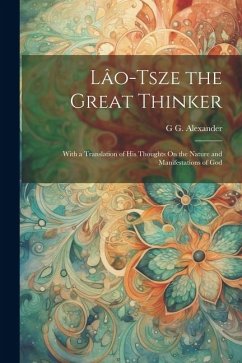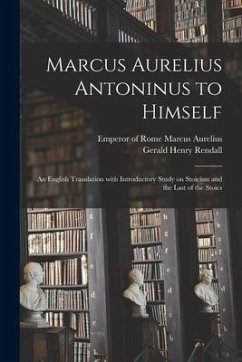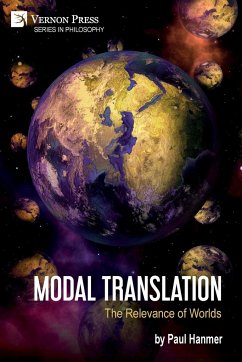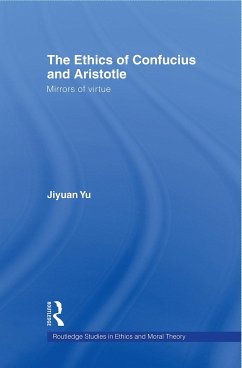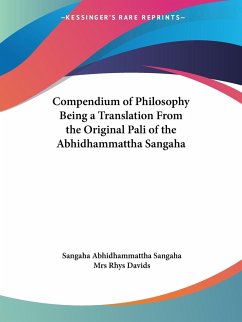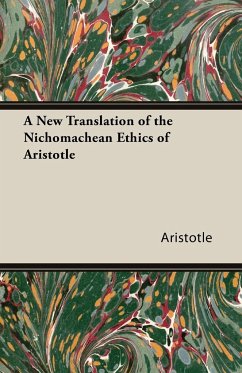
A New Translation of the Nichomachean Ethics of Aristotle
Versandkostenfrei!
Versandfertig in 1-2 Wochen
35,99 €
inkl. MwSt.
Weitere Ausgaben:

PAYBACK Punkte
18 °P sammeln!
Aristotle is indisputably of central importance to the development of philosophical and scientific thought in the western world. Here he refers to three types of lives, the common life, the political life, and the contemplative life, to which he assigns the highest order. Certainly, this is the most difficult life. Similar to Plato, Aristotle believed that "the unexamined life is a life not worth living."





